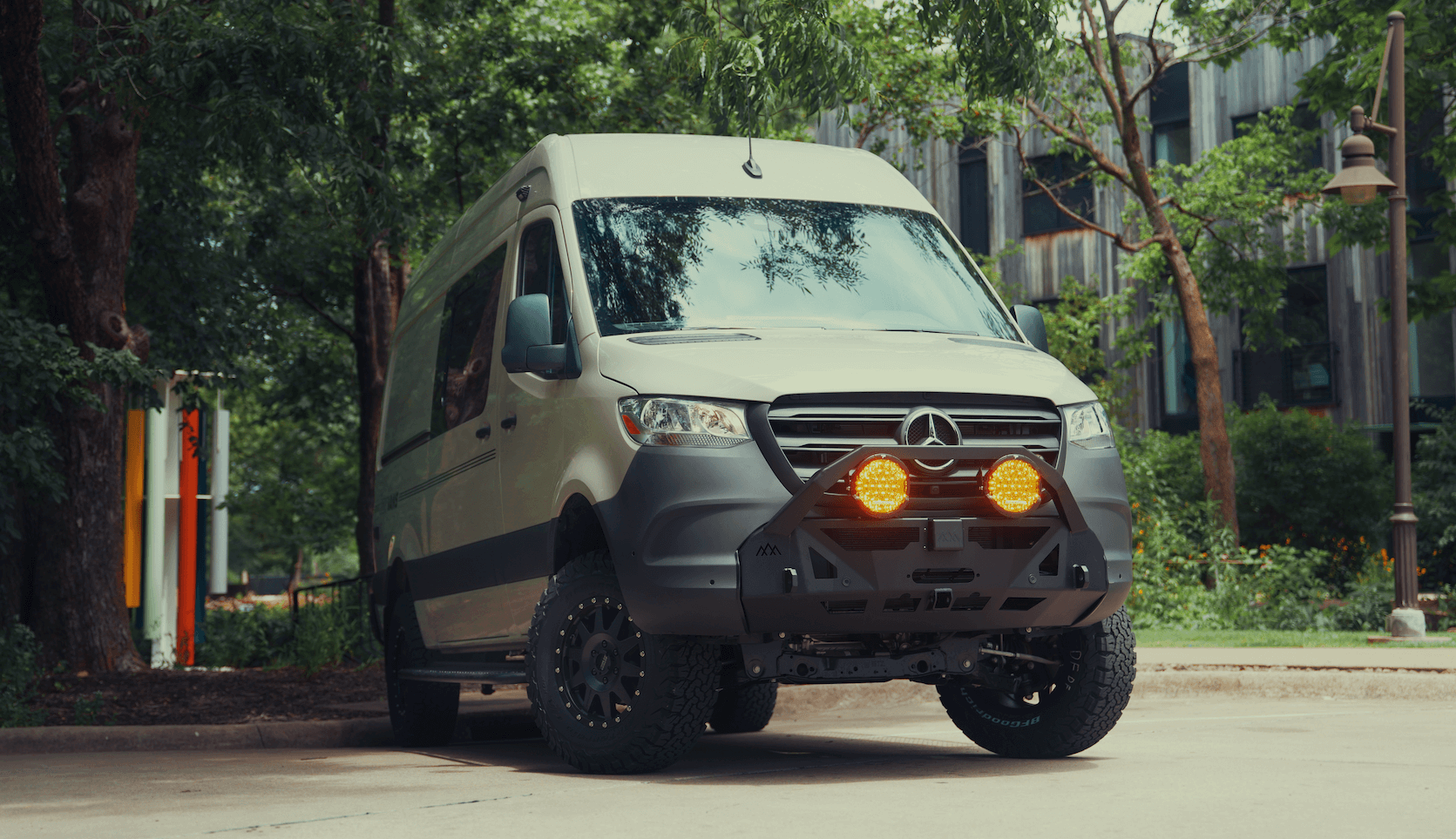Recreational Vans

The short answer is that driveway parking for a camper van is often allowed, but the exact rules live in your local code and any neighborhood covenants. Cities and counties regulate recreational vehicles through zoning and municipal ordinances, while homeowners associations add their own restrictions. Expect rules about size, visibility, setbacks, duration, and occupancy.
Many codes define a camper van as a recreational vehicle. That label triggers rules that may differ from passenger cars. Common limits include maximum vehicle height, overall length, or combined height with roof accessories. Some places require the van to sit on a paved surface, not encroach on the sidewalk zone, and remain clear of sight triangles near the street.
Time limits are typical. You might be allowed to load and unload for a day or two, but long term storage may need to be behind a fence line or in a side or rear yard. Occupancy on a residential driveway is frequently restricted. Even where parking is permitted, sleeping in the vehicle could be prohibited outside of an enclosed garage.
Street versus driveway rules can diverge. A city may forbid recreational vehicles on the street overnight but allow them on private driveways if screened or set back. Snow routes, fire lanes, and narrow streets bring extra limits. When in doubt, consult both the public right of way rules and the private property standards.
Start with the municipal code and zoning map. Look for definitions of recreational vehicle, off street parking standards, and residential accessory use. Some cities publish a quick reference guide, but the enforceable details are in the code itself. If you live in an unincorporated area, check county rules.
HOAs can be stricter than city hall. Covenants may require full screening from the street, ban exterior storage entirely, or cap the number of consecutive days you can park. If design review is required, submit a simple site sketch showing the driveway location, setbacks, and screening.
Even a compact camper van can exceed typical passenger car height when you add racks or a fan. Height matters for sight lines at the sidewalk and driveway apron. Some codes ask that taller vehicles sit behind the front plane of the house or be screened with a fence or vegetation that itself meets height limits.
A little planning goes a long way. Map your driveway, measure clearances, and verify rules before you commit to a van or roof gear. Keep records of any permissions in writing and set reminders for time limits so a weekend does not quietly become a violation.
Practical steps include:
Temporary permits can help during remodels or trip prep. Some jurisdictions issue short term approvals for loading, cleaning, or guest use. If screening is allowed, choose materials that meet fence height and opacity rules near the front yard.
If your driveway is short or your HOA is strict, secure storage can be the simpler route. Look for locations with wide aisles, cameras, and power for battery maintenance. Keep the van road ready so you can pick up and go without a long checklist.
If you are still exploring your rig, choose features with home parking in mind. Lower profile roof components, tidy external lines, and quiet all electric power systems reduce attention and improve compliance with common neighborhood rules. Selecting the right platform size and roof height at the start can be the difference between easy parking and constant headaches.
We design and build vans that fit real driveways and real neighborhoods. Explore our recreational builds here: Recreational Vans. Want a tailored layout that stays within local size limits and keeps noise down with high capacity batteries and solar. See what a ground up plan looks like: Custom Built Van. Prefer a finance friendly platform that aligns with driveway constraints. Review our options: Mainstream Vans.
Measure your driveway, check your code, and list your must haves. We will translate those constraints into a van that parks easily at home and performs far from pavement. Share your measurements and timeline, and we will outline a plan.
Ready to build a driveway friendly camper van that passes local guidelines and fits your life. Tell us your parking constraints and must haves. OZK Customs will design a compliant, quiet, and capable van that lives comfortably at home and thrives on the road. Start your custom plan now.
Ready to build a driveway friendly camper van that passes local guidelines and fits your life. Tell us your parking constraints and must haves. OZK Customs will design a compliant, quiet, and capable van that lives comfortably at home and thrives on the road. Start your custom plan now.
ADDRESS:
6159 E Huntsville Rd, Fayetteville, AR 72701
PHONE:
(479) 326-9200
EMAIL:
info@ozkvans.com